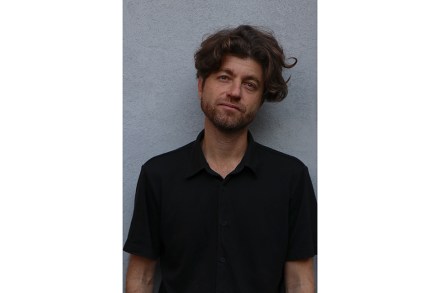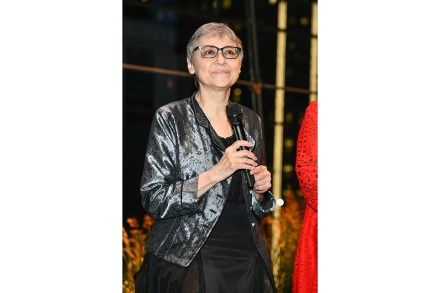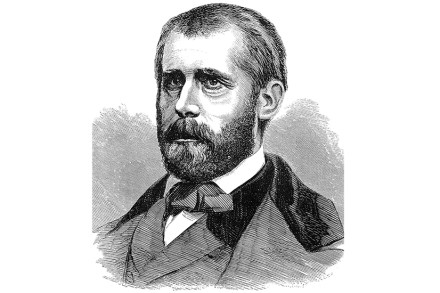The problem with trying to resuscitate dying languages
Books about endangered languages tend to be laments, full of shocking statistics and portraits of impossibly frail, ancient last speakers in faraway places. Ross Perlin’s exuberant, radical book blasts that away, exploring, instead, New York, now ‘the most linguistically diverse city in the history of the world’, home to more than 700 languages (of approximately 7,000 on the planet), and a ‘last improbable refuge’ for many speakers of ‘embattled and endangered’ tongues. ‘Far from being confined to remote islands, towering mountains or impenetrable jungles, they are now right next door.’ So one block of flats in Brooklyn is a ‘vertical village’, home to 100 of the world’s 700 speakers of




